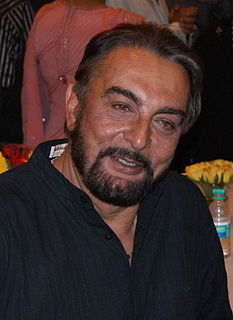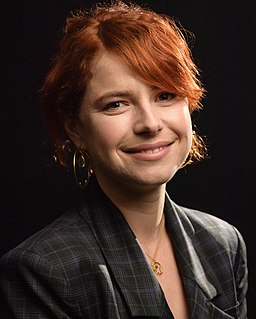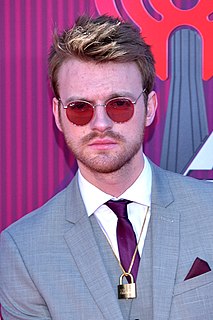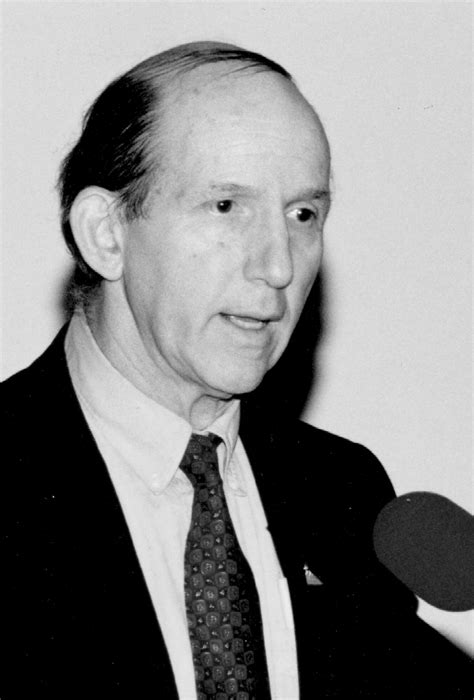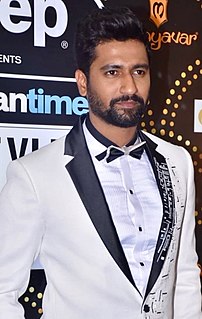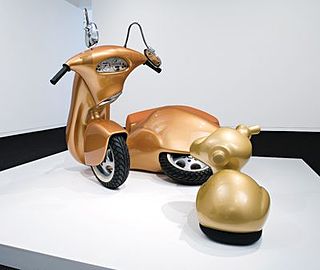A Quote by Mark Boyle
In current society, your security is cash, and that has huge repercussions. But when you take that out of the equation, you have to have relationships with people and you have to have relationships with the environment to survive.
Related Quotes
In TV, you can really get into not only great characters, but also the relationships. There are all of the backstories and all of the relationships that you have with every person in your life, and the relationships those people have with each other. It's just more dense and there's more time to tell stories.
Good relationships make people happy, and happy people enjoy more and better relationships than unhappy people.... Conflicts in relationships--having an annoying office mate or roommate, or having chronic conflict with your spouse--is one of the surest ways to reduce your happiness. You never adapt to interpersonal conflict; it damages every day, even days when you don't see the other person but ruminate about the conflict nonetheless.
A new world of complex relationships and feelings opens up when the peer group takes its place alongside the family as the emotional focus of the child's life. Early peer relationships contribute significantly to the child's ability to participate in a group (and in that sense, society), deal with competition and disappointment, enjoy the intimacy of friendships, and intuitively understand social relationships as they play out at school, in the neighborhood, and later in the workplace and adult family.
The people who are rising, they're super ambitious. They have relationships with people above them. They have relationships, hierarchical, sort of people below them. A lot of people do not have relationships horizontally. And there's a lot of people who reach high political offices, but who are weirdly lonely, weirdly lacking in intimacy skills.



